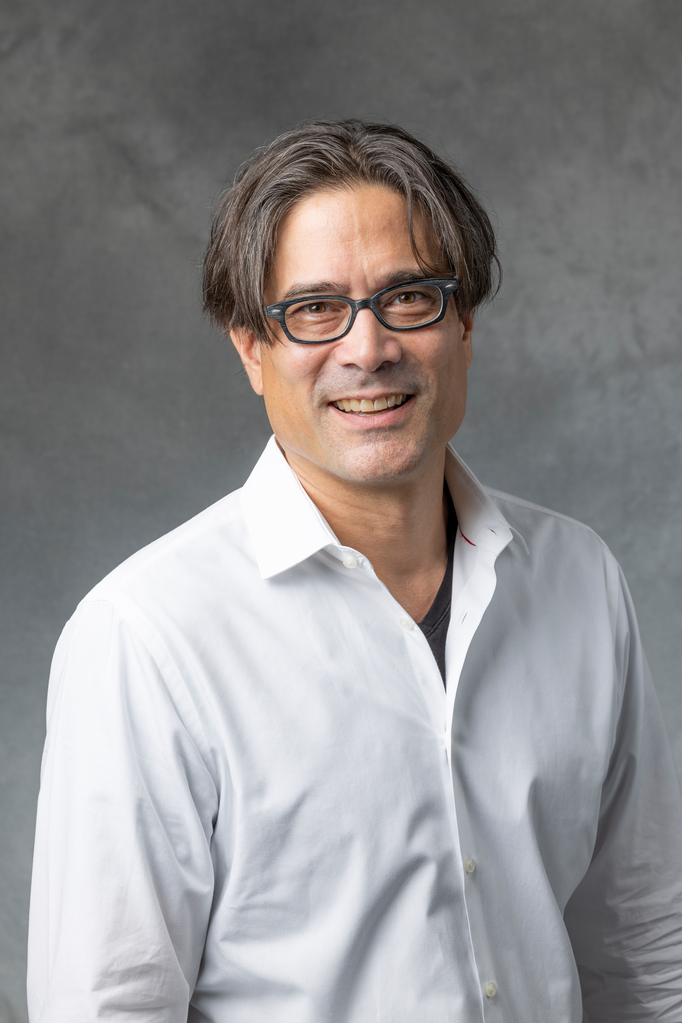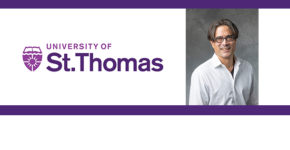
On University of St. Thomas Week: Do humans need to work?
Christopher Wong Michaelson, Opus distinguished professor of principled leadership, looks into this.
Christopher Wong Michaelson is a philosopher with 25 years of experience advising business leaders pursuing meaning and providing work with a purpose and he is the coauthor of Is Your Work Worth It? How to Think About Meaningful Work. He is the Opus Distinguished Professor and Academic Director of the Melrose and The Toro Company Center for Principled Leadership at the University of St. Thomas and on the Business and Society faculty at NYU’s Stern School of Business. Christopher lives in Minneapolis with his wife, three kids, and two dogs.
Work Worth Loving
Have you ever thought about what you would do if you didn’t have to work? Many people imagine themselves golfing, sewing, or traveling, but if you had to do those things all day every day, they would probably feel like work, too.
To work is human. Even though it’s increasingly popular to speculate about when technology will bring about the end of work, there will always be human work to do. Even if we can harness AI to write reports and train robots to make widgets, as long as we’re human we’ll have the impulse for work that enables us to create, care for, and relate to each other. As a philosopher of work, I’m interested not only in why people work but how work worth doing contributes to life worth living.
For most adults, work determines our daily rhythms, occupies the largest share of our waking hours, and influences our status, standard of living – even our identity. If work is a fact of life, we might as well make it count.
I’ve found in recent research with my co-author Jen Tosti-Kharas about work in the wake of 9/11 and COVID-19 that some people for whom work is a dirty word waste years wishing they didn’t have to work. We’ve encountered other people who hope to discover their calling at work – only to find that it can be tough to make a living doing what you love.
We’ve learned that work can be worthwhile in many ways – saving lives as a first responder, supporting your family as a financier, making toilet paper in a pandemic, or delivering essential goods to a front door. It may not always be possible to do what you love for a living, but the world will always need people to do work that’s worth loving.

